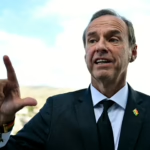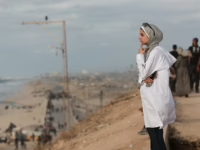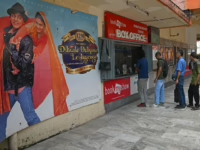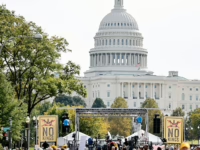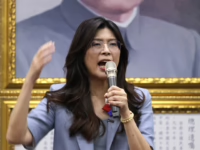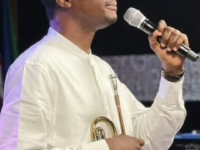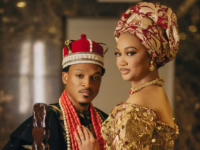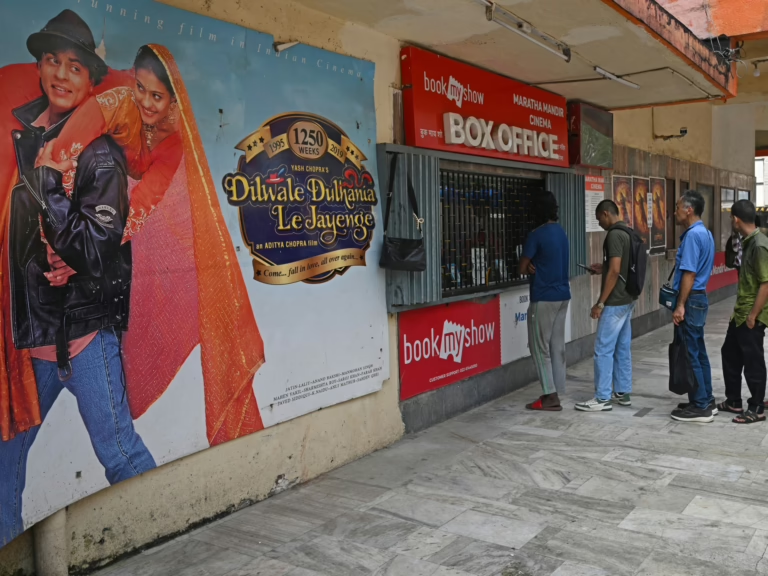Since its debut in 1995, Mumbai’s Maratha Mandir has been showcasing Dilwale Dulhania Le Jayenge every single day.
Published On 19 Oct 2025
In the bustling metropolis of Mumbai, a cinema is commemorating an extraordinary milestone: three decades of uninterrupted screenings of one of Bollywood’s most cherished love stories, which holds the record as India’s longest-running film.
On Monday, the iconic Maratha Mandir theatre, situated in India’s commercial hub, will celebrate 30 years of daily showings of Dilwale Dulhania Le Jayenge (translated as The Bravehearted Will Take the Bride). This film catapulted Shah Rukh Khan and Kajol into legendary status within Indian cinema.
Known affectionately as DDLJ, this movie revolutionized the portrayal of romance in Hindi films and continues to attract hundreds of viewers to its morning sessions, telling the story of young lovers challenging societal norms since its premiere on October 20, 1995.
“I’ve watched it nearly 30 times and plan to keep coming back,” shared Mohammad Shakir, 60, as he purchased a ticket priced at just 40 rupees (approximately $0.45).
Manoj Desai, who manages the theatre near Mumbai’s Central Station, noted that weekday audiences are often composed of university students and young couples.
“Even after 30 years, Sundays still draw crowds of around 500 people,” Desai remarked.
A Tale of Contrasting Traditions
Surpassing the five-year run of the 1975 classic Sholay at another Mumbai venue, DDLJ explores the tension between the progressive outlook of second-generation Indians living abroad and the traditional values upheld by their parents.
Desai recounted that the audience frequently erupts in applause during the film’s iconic finale, where the heroine dashes alongside a moving train to reunite with her beloved.
“That moment gives everyone goosebumps,” he said. “It’s when the father finally lets his daughter go, acknowledging she won’t find a better partner.”
This powerful message continues to strike a chord with younger generations, many of whom were not even born when the film first premiered.
“Nowadays, relationships often feel transactional,” explained Omkar Saraf, 23. “But in this story, the hero goes to great lengths to win his love without expecting anything in return.”
“We’ve seen it on TV and on our phones, but watching it on the big screen is an entirely different experience,” he added.
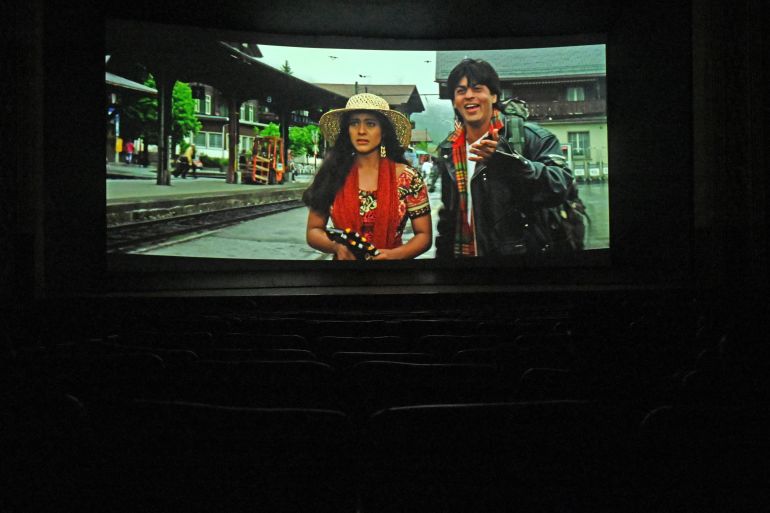
An Enduring Cultural Icon
Desai shared that one devoted fan has been attending screenings for two decades, while for many others, the film has woven itself into their personal love stories.
One couple, who first saw the movie while dating, later invited Desai to their wedding. “They honeymooned abroad and then returned to watch the film again,” he recalled.
Although there was an attempt to halt the daily showings in 2015, passionate fan protests led to the decision being overturned, according to the Hindustan Times.
Film analyst Baradwaj Rangan highlighted the movie’s lasting relevance in a society still balancing traditional and contemporary values.
“DDLJ captures a pivotal moment in Indian culture, which explains its continued affection,” Rangan said, emphasizing how it “perfectly portrays the generational divide.”
“It has become a cultural landmark,” he concluded. “I believe it will keep playing indefinitely.”



